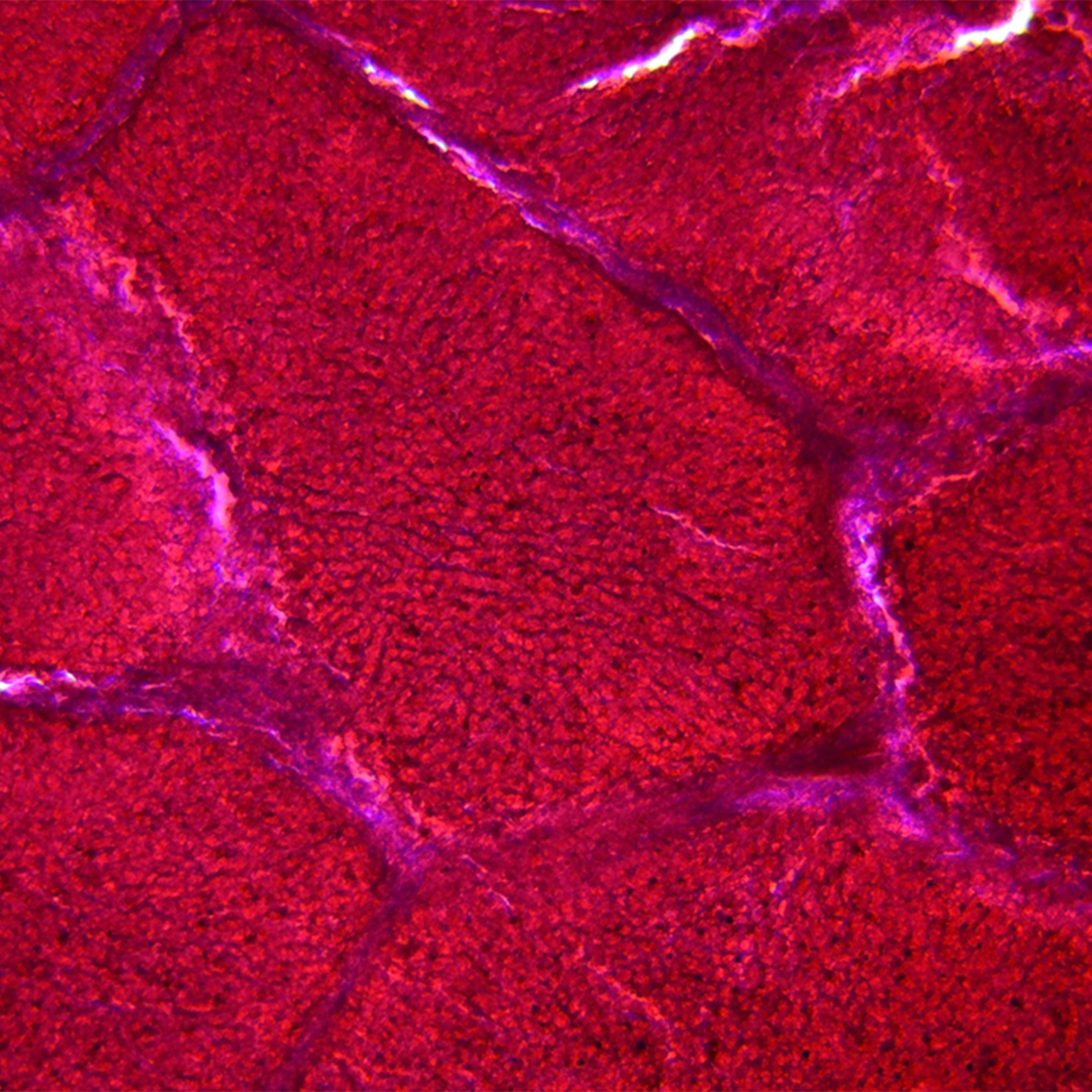
Cirrhosis
Treatments
Treatment of cirrhosis focuses on stopping or delaying the damage to your liver and preventing complications, such as liver failure. When the cause of the condition is known, therapy will aim to specifically manage that illness. For instance, if a patient has hepatitis, the doctor may administer steroids or antiviral drugs for treatment.
Regardless of the cause of cirrhosis, it is essential that every patient avoid all substances, habits and drugs that may further damage the liver or cause complications or liver failure. Alcohol, in addition to causing cirrhosis, may accelerate the progression of liver scarring. All patients with liver disease should not drink any alcohol. Medications also may be given to control the symptoms of cirrhosis.
If complications progress to the point of possible liver failure, a liver transplant may be recommended. Our team of digestive disorder experts work closely with liver transplant specialists at UCSF Medical Center, who can provide excellent care. Liver failure may occur at the end stage of liver disease when the liver stops working and cannot support life. Liver failure is difficult to treat and survival is limited. However, the good news is that many people with cirrhosis have undergone successful liver transplants. Also, many patients live long and healthy lives with other means of therapy.
UCSF Health medical specialists have reviewed this information. It is for educational purposes only and is not intended to replace the advice of your doctor or other health care provider. We encourage you to discuss any questions or concerns you may have with your provider.












